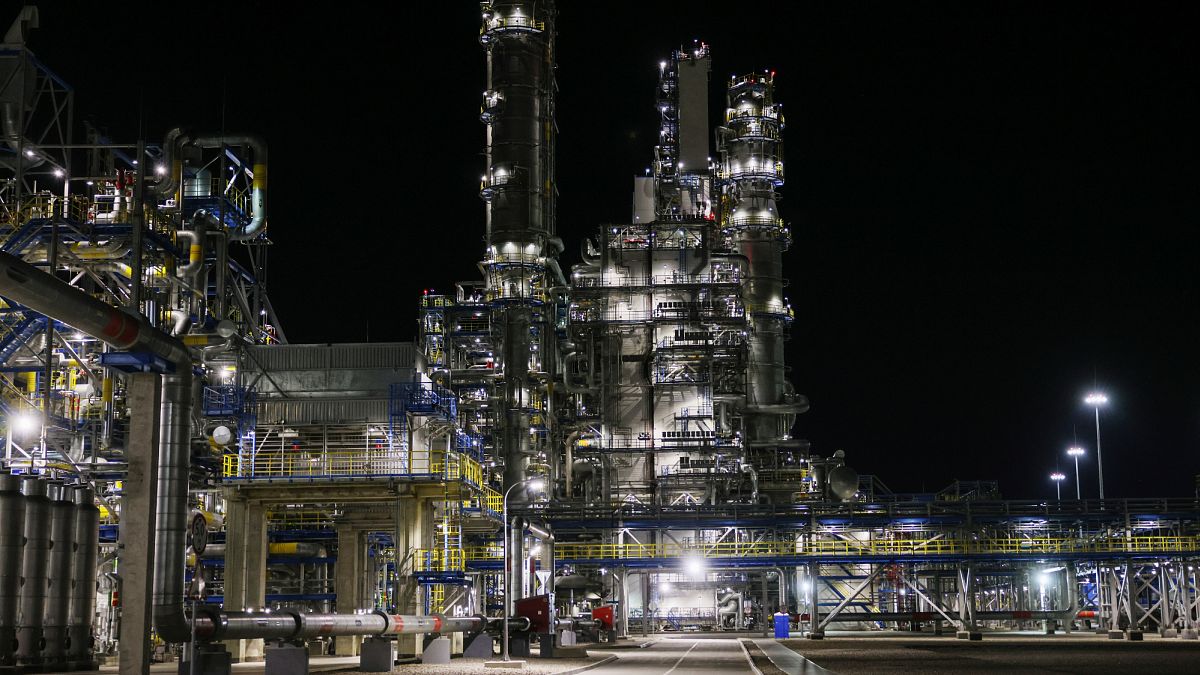Slovakia’s prime minister has blasted a European Union plan to stop imports of Russian natural gas by the end of 2027 to deprive President Vladimir Putin of revenue that helps fuel the war in Ukraine.
The European Commission, the bloc’s executive branch, will present a detailed plan next month.
It will seek to ban new gas contracts with Russia by the end of this year and phase out existing ones still in use in the 27-nation EU by the end of 2027.
But Slovakia’s Prime Minister Robert Fico called the plan “absolutely unacceptable” for his country and said his government was ready to veto it.
He said the move would be harmful for Slovakia and the entire EU, because the price of gas will increase as a result.
Slovakia has a gas delivery deal with Russia that expires in 2034, and Fico said that he would seek compensations for damages, if the plan proceeds.
European Commission President Ursula von der Leyen, who is pressing ahead with the plan, told EU lawmakers that Russia has proven time and again that it is not a reliable energy supplier.
“Dependency on Russia is not only bad for our security, but also for our economy. Our energy prices cannot be dictated by a hostile neighbour,” she told members of the European Parliament in Strasbourg.
Fico also rejected a proposal to halt imports of oil and nuclear fuel from Russia to the European Union.
Hungary and Slovakia, whose leaders are considered to be Putin’s closest allies in Europe, have blocked EU military assistance to Ukraine and had been expected to oppose the European Commission’s gas plans.
Fico, a divisive figure at home and abroad, returned to power in 2003 after his leftist Smer (Direction) party won a parliamentary election on a pro-Russia, anti-America platform.
Known for his pro-Russia views, he has openly challenged the EU’s policies over Ukraine.
He is set to become the only EU leader to travel to Moscow for the parade marking the 80th anniversary of the defeat of Nazi Germany in World War II.
It will be his second trip to the Russian capital since December.
His government has faced vocal protests in Slovakia against its perceived pro-Russian stance.

